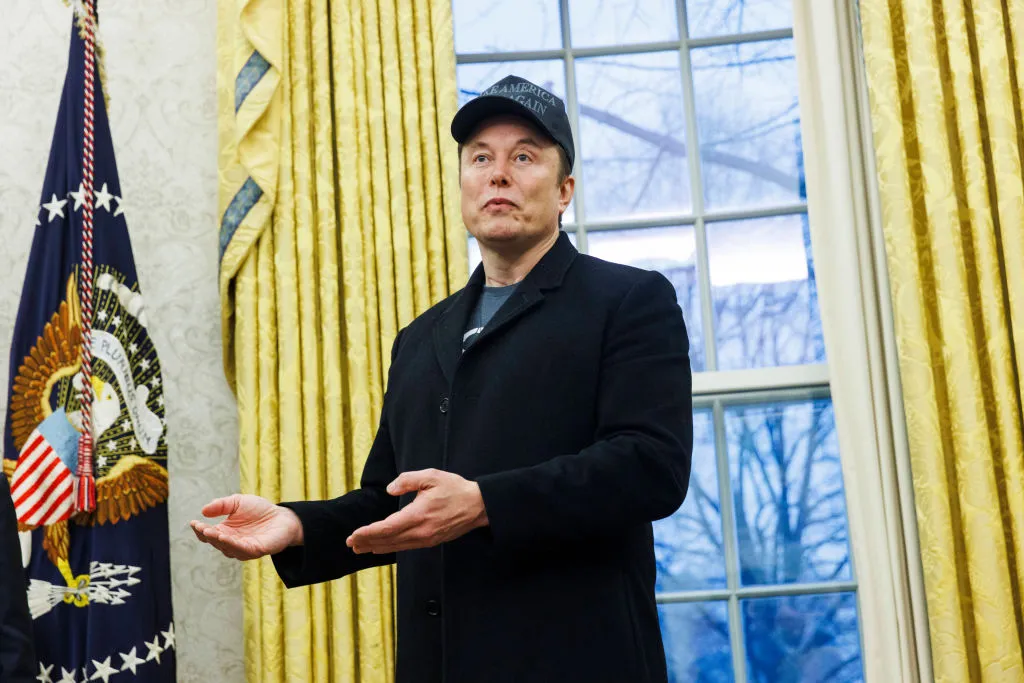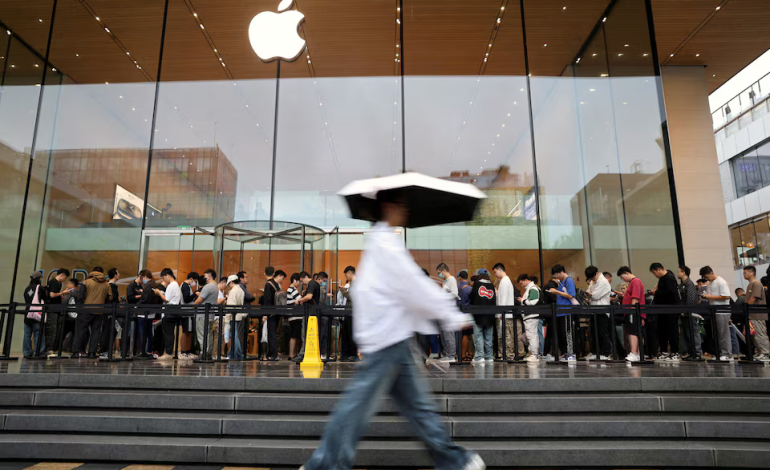Apple and Alibaba are teaming up in a landmark partnership that will see Alibaba’s AI technology integrated into iPhones sold in China.
The announcement was made by Alibaba Group Chairman Joe Tsai at the World Governments Summit in Dubai on Thursday. This collaboration, first reported earlier in the week, has raised expectations about Apple’s strategy to expand its presence in China’s highly competitive smartphone market.
Tsai confirmed that after discussions with several Chinese companies, Apple chose Alibaba to power its AI capabilities for iPhones in the region. He remarked that this collaboration would allow Apple to leverage Alibaba’s AI to enhance the user experience on its devices. The decision follows months of speculation over Apple’s AI strategy in China, with the company reportedly considering partnerships with other local tech giants, including Baidu, ByteDance, and Tencent.
Shares of both Apple and Alibaba surged following the announcement. Alibaba’s Hong Kong-listed shares climbed as much as 9.2%, hitting their highest level since January 2022, before closing with a 2.6% increase.
The deal comes at a critical juncture for Apple, which has been facing declining iPhone sales in China, a market that has become increasingly important for the company. Apple’s market share in China has dropped, as domestic rivals like Huawei have introduced advanced AI features that appeal to local consumers. This partnership is seen as a move by Apple to bolster its position in the world’s largest smartphone market, where AI is becoming a key selling point for new devices.
Apple’s AI rollout in China has faced challenges, partly due to stringent regulations imposed by the Chinese government on AI technologies. Tsai’s comments suggest that the partnership with Alibaba will help Apple navigate these regulatory hurdles and localize its AI offerings in a way that better aligns with Chinese market requirements.
For Alibaba, this partnership represents a significant win in China’s burgeoning AI market. Alibaba has already made substantial strides with its AI offerings, including the development of large language models and voice assistants. The partnership with Apple not only strengthens Alibaba’s position in the AI field but also showcases its growing influence in the global tech sector.
Alibaba’s AI models, such as the Qwen 2.5, have gained attention for their capabilities and cost-effectiveness, making the company a strong competitor to other AI players in China and abroad. By teaming up with Apple, Alibaba further solidifies its standing as a leader in the development and application of AI technology.
While the partnership is expected to benefit both companies, analysts caution that the impact will depend on how quickly Apple can roll out AI features in China and how well they resonate with local consumers. The Chinese smartphone market is highly competitive, with domestic players like Huawei, Vivo, and Xiaomi aggressively marketing their own AI-powered devices.
Apple’s decision to integrate Alibaba’s AI into iPhones could help the company address the growing demand for advanced AI features in smartphones. However, the company faces an uphill battle, as it attempts to regain its share of a market where local competitors have already made significant inroads.








